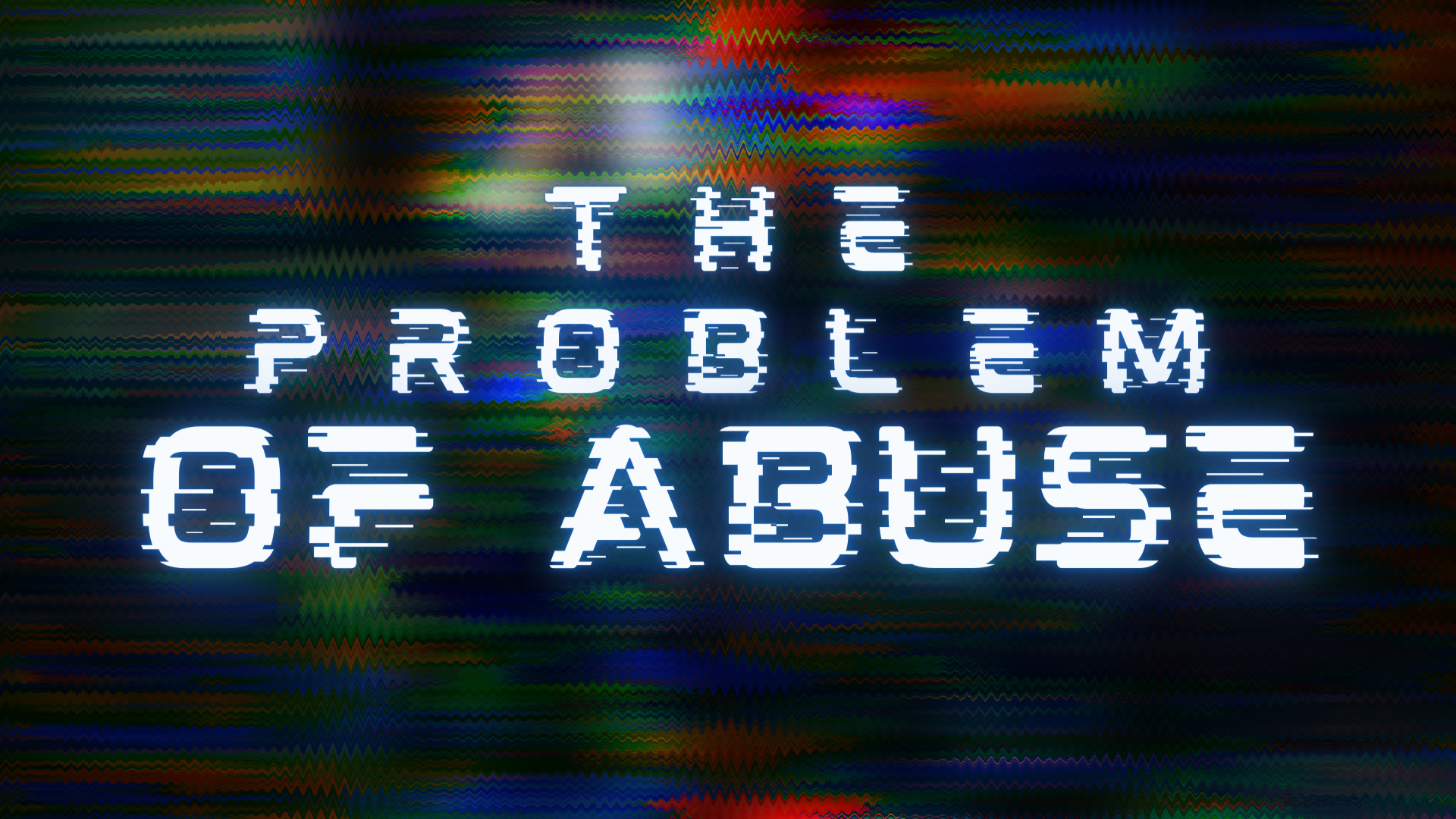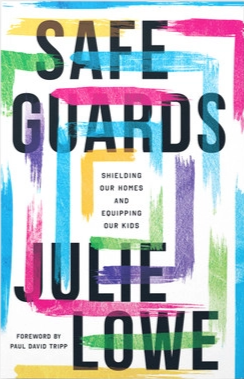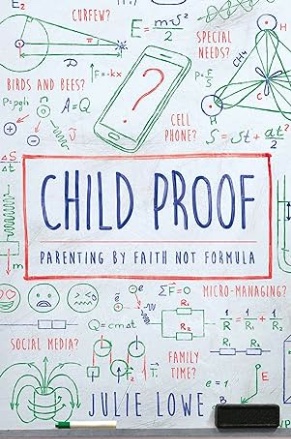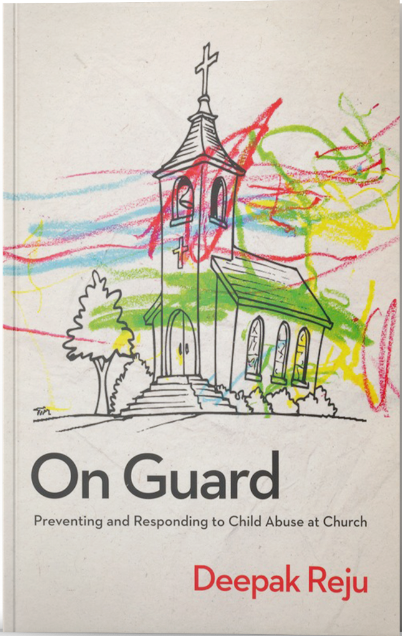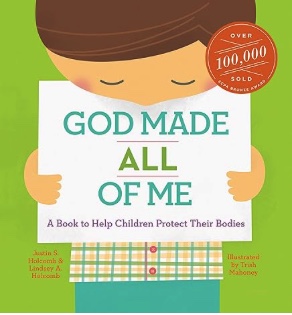According to the CDC
At least 1 in 7 children have experienced child abuse or neglect in the past year in the United States. This is likely underestimated because many cases are unreported. In 2020, 1,750 children died of abuse and neglect in the United States.
ChildProtect reports
90% of child sexual abuse victims know the perpetrator in some way and 68% are abused by a family member. Child abuse occurs across all socioeconomic levels, ethnic and cultural lines, and among people of all religions and education levels.
Recognizing Signs of Abuse
While these elements are not foolproof, there are a number of signs that may indicate a child is being abused. See more information here.
Physical Abuse Example Behaviors
- Punching/Beating, either with the hand or with an instrument (hitting with excessive force, hitting that leaves a mark, etc.)
- Whipping
- Burning
- Choking/Strangling
- Deprivation of food or being forced to kneel for long periods of time
- Breaking bones
- Physical torture
- Physical intimidation/aggression/violence
Possible Indicators:
- Bruises (esp. in the shape of hand/finger marks), burns (esp. in the shape of an instrument), scalds, sprains, human bites, cuts, etc.
- Injuries the child cannot explain or explains poorly
- Untreated or inadequately treated injuries
- Injuries to parts of the body where accidents are unlikely (ex: Thighs/back/abdomen)
- Flinching when approached/touched by adults
- Showing fear of certain adults
- Alternatively—increasingly aggressive or very compliant/passive behavior
Emotional Abuse Example Behaviors
Emotional abuse is pattern behavior. Here are some examples:
- Verbal intimidation
- Coercion
- Manipulation
- Showing abusive images
- Using abusive language or verbal bullying
- Over-admonishing, over-criticizing, putting down
- Inducing fear through controlling behaviors
Possible Indicators:
- Failure to thrive in a situation, especially when the child thrives in other circumstances
- Extreme fear or anxiety of making mistakes/insecurity
- Low self-esteem
- Inappropriate emotional responses
Sexual Abuse Example Behaviors
- Involving child in contact or non-contact sexual activity. Contact sexual activity includes:
- Penetrative (rape, prostitution) or non-penetrative (kissing, fondling, etc.) sexual activity.
- Non-contact sexual activity includes:
- Showing sexual images to child
- Taking sexual images of child
- Sexually explicit talk/text/correspondence
- Sexually suggestive Internet contact
Possible Indicators:
- Pain/itching/bruising/bleeding in the genital or anal areas
- Genital pains or discomfort walking or sitting
- Sexually transmitted infections
- A marked change in the child’s general behavior (unusually quiet/withdrawn or unusually aggressive)
- Sudden change in dress (more provocative or more baggy-loose)
- Eating disorders
- Sexualized drawings or graphic sexualized play or language, especially in young children
- Unexpected fear or distrust of particular adult(s)
- Description of special attention or a ‘secret’
Neglect Example Behaviors
- Failure to provide adequate medical care or adequate food
- Failure to provide education
- Failure to provide shelter or safe living conditions
- Failure to provide age-appropriate supervision
Possible Indicators:
- Untended medical needs
- Malnourishment
- Gaps in education/learning for an otherwise developmentally on-target child
- Frequent hunger
- Frequently found unsupervised/alone
If you have reason to believe a child is being abused, report it to your local Child Protective Services. You should also be aware of the Mandatory Reporting Laws in your state, as failure to report may result in felony charges, fines, and possible jail time. For more information, see FAQs on Mandatory Reporting or Mandated Reporting Training.
Equipping Kids
Julie Lowe offers 5 basic things parents can do to help protect kids from sexual abuse:
- Teach kids developmentally appropriate views of sex, sexuality, and their bodies.
- Instruct kids to respect their bodies and the bodies of others.
- Train kids to pay attention when something (or someone) makes them uncomfortable.
- Instill the ability to discuss hard topics without fear, shame or embarrassment.
- Teach them who is safe to go to when they are in need and you are not available.
ADVOCATING FOR SAFETY
PARENTS CAN ALSO ADVOCATE FOR SAFETY IN THE PLACES WHERE THEIR CHILDREN LEARN, PLAY, AND WORSHIP!
- Questions to Ask
- Articles to Read
- Books to Read
- Additional Ministry Resources
- Ministry Protection Checklists
Whether you're considering a new school or church for your family or want to ensure the safety of your child in their current organization, these insightful questions will empower you to have a constructive conversation about the protective measures in place.
Explore these invaluable resources designed to empower ministries in safeguarding the well-being of the children they serve. Discover them below and share them with your Ministry Leaders today!
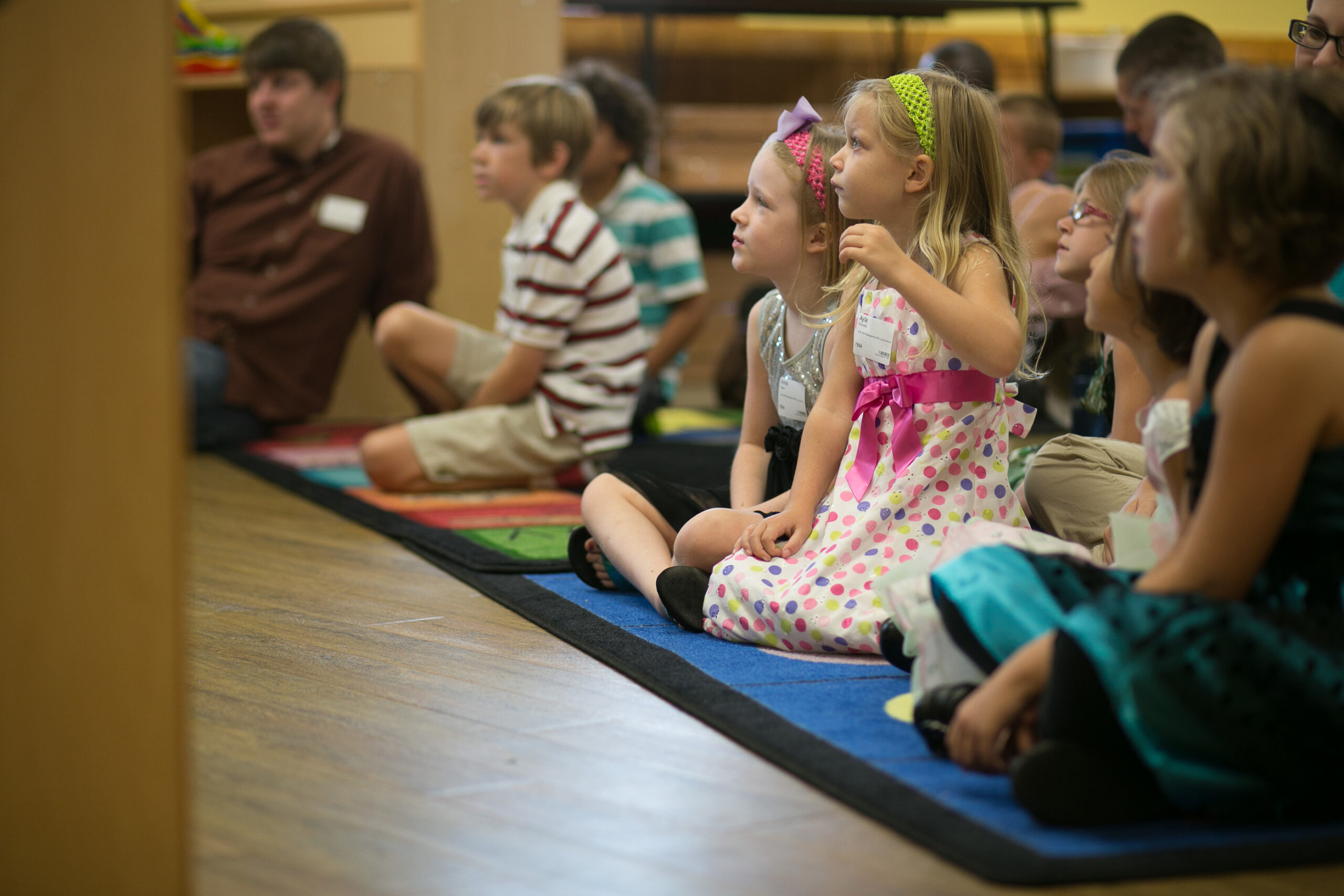
STAY IN THE LOOP
ON CHILD SAFETY
WITH THE ECAP
NEWSLETTER!!

